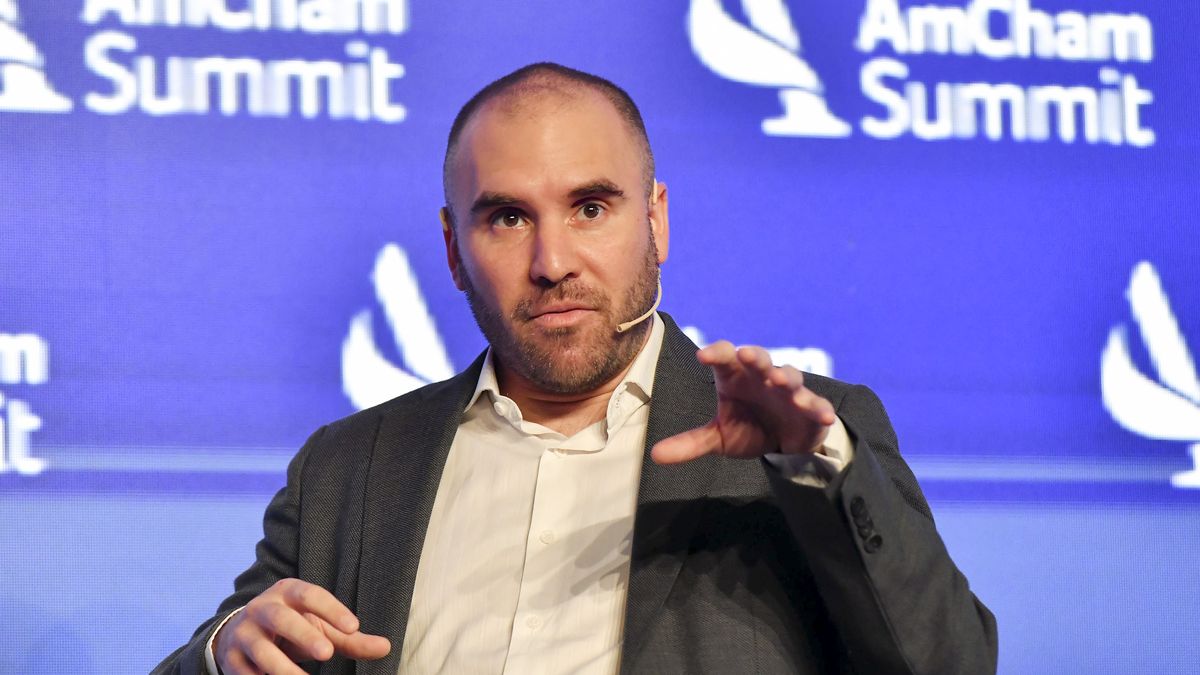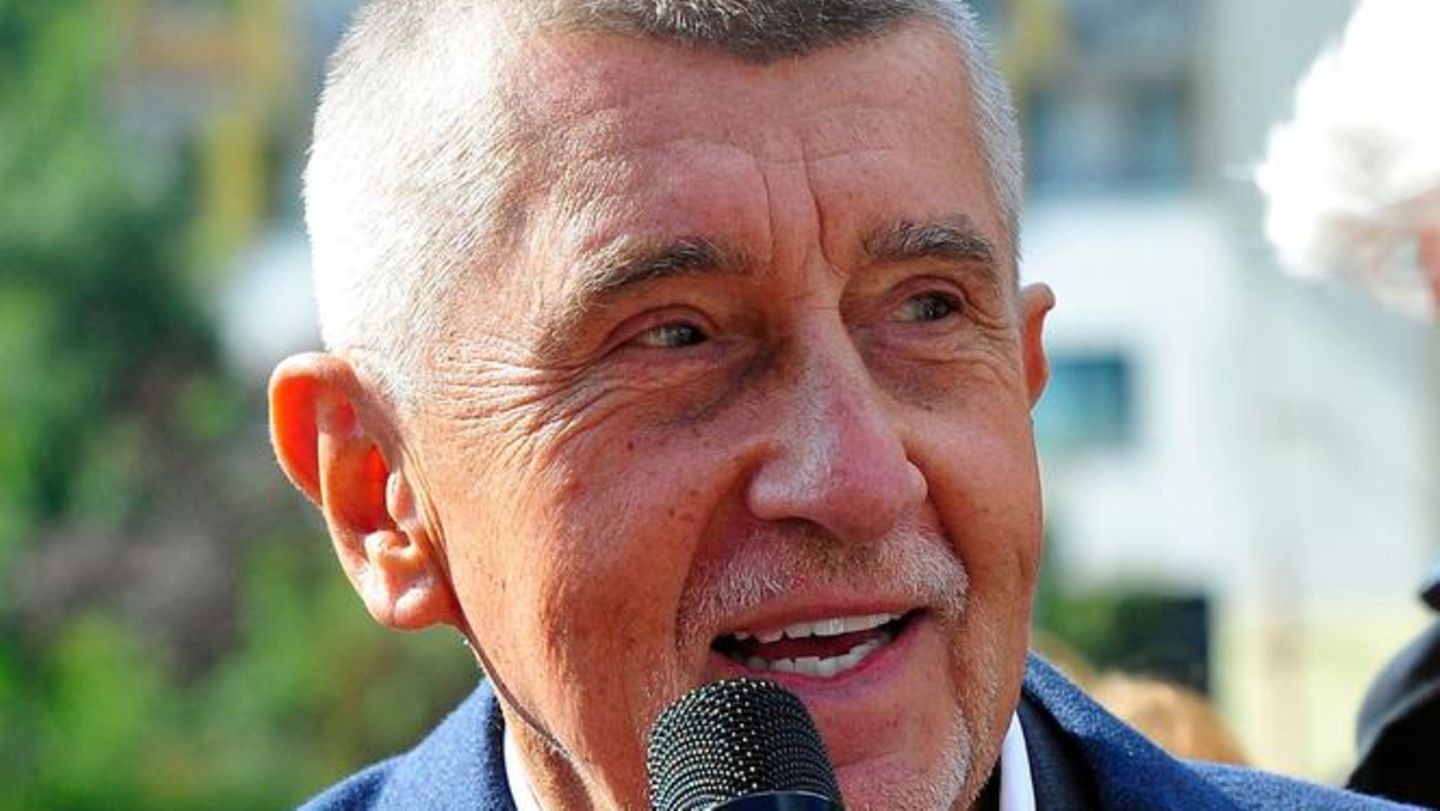The agreement implied that Economy renounce to the gains of the BCRA, that was a way to add income. “The $800,000 million in profits to be transferred from the Central Bank of the Argentine Republic that were in the 2021 extended budget are eliminated”, says the technical report. That amount would be equivalent to 1.17% of GDP.
Thus, according to the report, in the current budget $339,968 million were left as Property Incomewhich according to the OPC represent 0.5% of GDP corresponding to bond placement operations.
The technical office of Congress clarifies that the Executive Power did not report the macroeconomic projections on which it reformulated the estimates. It transpired that GDP growth of 4% and inflation at the end of December of 62% per year are expected.
Property Income, as it was, corresponds to the profits arising from the placement of bonds in pesos. It is what was called “creative accounting”, which helped close the numbers for the first quarter. According to the Ministry of Economy, for the purposes of meeting the fiscal deficit goal with the IMF of 2.5% for this year, only up to 0.3% of the PB can be usedI of that countable resource. Since May, the Palacio de Hacienda reports the primary deficit in two versions, one with that ceiling, and another adopting the criteria of the program with the IMF.
But imagined goals are one thing and reality is another. As pointed out to Ámbito by the economist Aldo Abram, director of the Liberty and Progress Foundation, “This year’s fiscal deficit is going to be 3.5%”, that is to say, one point above what was foreseen in the agreement with the IMF. In his eyes, this year the red of public accounts not only will it be out of range with respect to the program with the credit agency, but it will be higher than last year. The economist suggests that Guzmán would have a “flexibility” of up to 2.7% of GDP, which can be financed with credits from other multilateral credit organizations. For Abram, the flexibilities that the IMF granted to the Argentine government in the current program are “incredible”. “They are going to use all available mechanisms to adjust as little as possible,” he said.
For its part, Martín Calveira, economist at IAE, the business school of the Austral University, pointed out that “for now there are no major changes in sight in terms of spending, beyond the fact that a higher level is usually reached at the end of the second semester.” “The difficulty lies more in how the deficit is going to continue to be financed. With this level of foreign exchange expressions and the inflationary panorama, continuing with the monetary issue is becoming increasingly complex,” Calveira said. The Economist sees it as unlikely that “an adjustment in spending will be attempted given the political and social context.”
On the other hand, the numbers of the budget project that Guzmán had planned for this year, which was finally rejected by Congress, reflect the difficulties that the head of the Treasury Palace has in establishing projections. For example, he said that there would be an inflation of 33%. The comparison with DNU 331 made by the OPC makes it clear how out of range the initiative was. At the end of 2021, the head of the Palacio de Hacienda planned to allocate $11.7 billion to current expenses and now estimates that it will be $14.8 billion. He added 26.7 percent to it.
Source: Ambito
David William is a talented author who has made a name for himself in the world of writing. He is a professional author who writes on a wide range of topics, from general interest to opinion news. David is currently working as a writer at 24 hours worlds where he brings his unique perspective and in-depth research to his articles, making them both informative and engaging.




